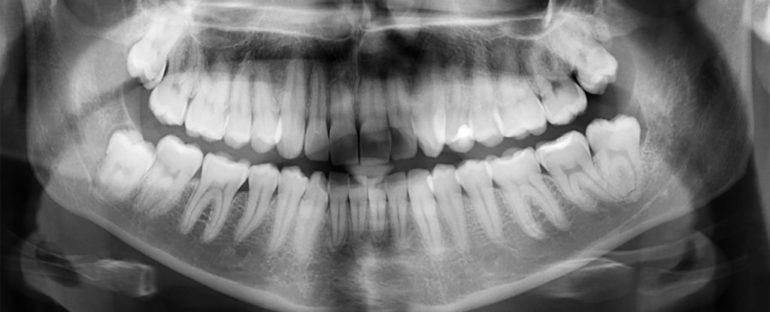Scientists have invented a product that can encourage tooth enamel to grow back, which means we could finally have a game-changing way to treat dental cavities.
In 2018, researchers at the University of Washington announced the development of a treatment based on peptides – short chains of amino acids, linked by peptide bonds, that aren’t long enough to be considered full proteins.
When applied to artificially created dental lesions in a laboratory setting, the product remineralized tooth enamel, effectively “healing” the lesion.
“Remineralization guided by peptides is a healthy alternative to current dental health care,” said materials scientist Mehmet Sarikaya.
Tooth enamel is produced by a type of cell called an ameloblast; these secrete the proteins that form enamel while the tooth is still in the gum.
Unfortunately, once the process of forming tooth enamel is complete and the tooth has emerged, our ameloblasts die off. But we continue to lose enamel throughout our lifetime.
“Bacteria metabolize sugar and other fermentable carbohydrates in oral environments and acid, as a by-product, will demineralize the dental enamel,” said dentistry researcher Sami Dogan.
To a small extent, our teeth can be remineralized with the help of saliva, fluoride toothpaste and drinking water additives.
But once there’s a visible cavity on the tooth, it needs to be treated by a dentist – which usually means drilling, and packing the hole with a dental filling.
To develop their new treatment, the team turned to one of the proteins produced by ameloblasts. Called amelogenins, these proteins play a key role in regulating the formation of tooth enamel.
The team designed peptides based on this protein and created a treatment with the peptide as an active ingredient.
They applied it to dental lesions in a laboratory setting and found that it helped form a new mineralized layer to the demineralized areas, integrating it with the enamel underneath.
(ACS Publications)
They also treated similar lesions with fluoride, but only the peptide treatment resulted in the remineralization of a relatively thick layer – resembling the structure of healthy enamel.
For future steps to bring this product into the clinic, we’ll need more tests to see how the peptide solution works in actual patients, and if the results are as solid as those in the lab.
And for deep cavities that reach the dentine layer underneath the enamel, a filling would still likely be required.
But the researchers believe their product could still be sold as part of a preventative everyday tooth care routine, in the form of a toothpaste or gel, to help minimize expensive trips to the dentist for shallower cavities.
“Peptide-enabled formulations will be simple and would be implemented in over-the-counter or clinical products,” Sarikaya said.
The team has published their research in the journal ACS Biomaterials Science & Engineering.
A version of this article was originally published in April 2018.



